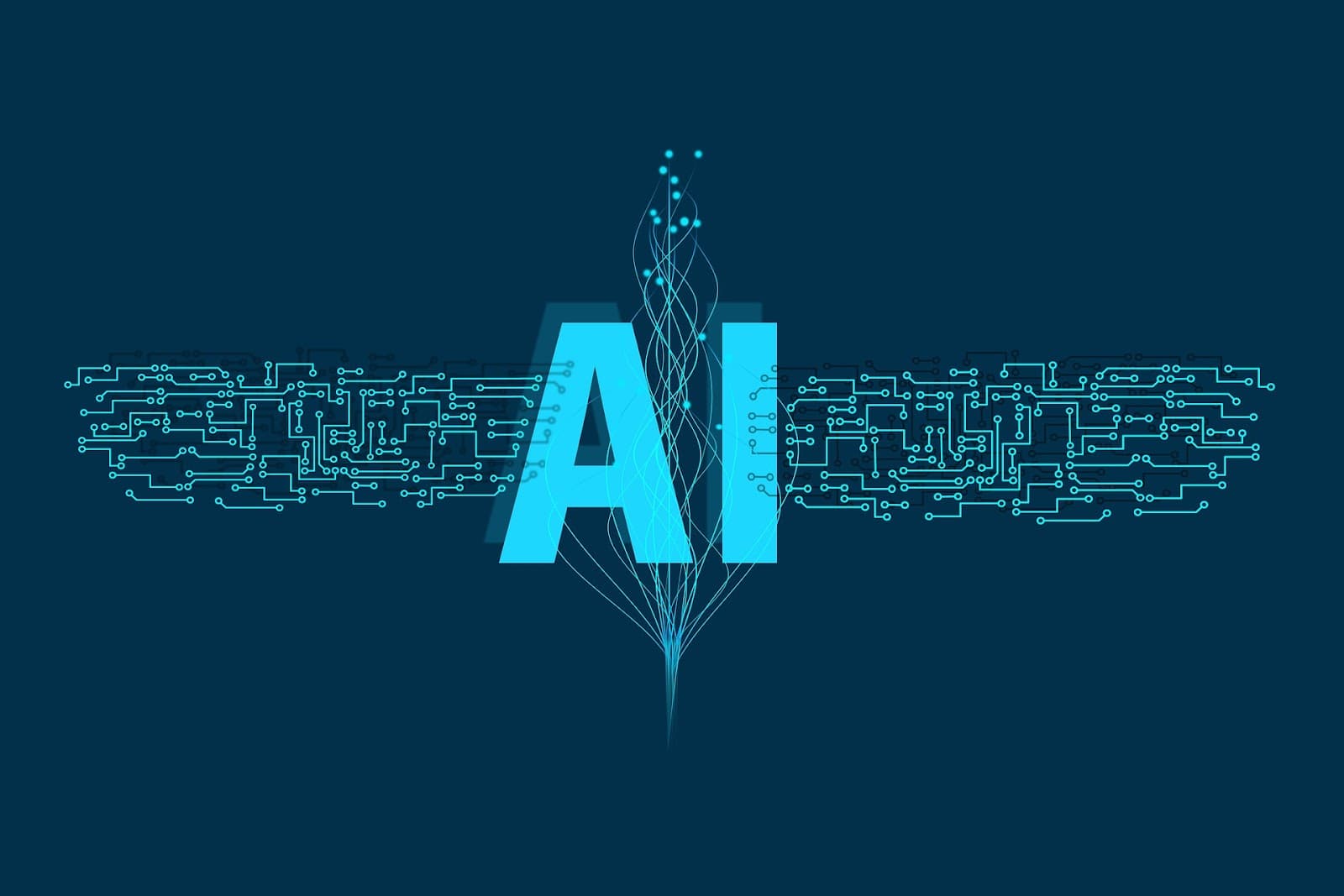
Enhance Your Language Skills with Word AI – Communication
In today’s digital age, language plays a crucial role in communication across various platforms. Whether it’s in business, education, or everyday interactions, the ability to effectively convey ideas and information is essential. However, speech can also be a barrier for many individuals, making it challenging to express themselves accurately and efficiently. This is where the program, or Artificial Intelligence, comes into the picture. Word AI is revolutionizing communication by empowering individuals with advanced speech capabilities. In this article, we will explore the impact of the program on enhancing communication and its potential for the future.
What is it?
Word AI refers to the application of artificial intelligence techniques and algorithms to natural language processing (NLP) tasks. It pertains to teaching machines to apprehend, interpret, and generate human speech, enabling them to communicate with humans in a more natural and meaningful way. Word AI surrounds a wide range of language-related tasks, such as speech recognition, machine translation, sentiment analysis, text summarization, and question-answering systems.
Enhancing Communication Efficiency
One of the significant benefits of the program is its ability to enhance communication efficiency.
- Traditional speech barriers, such as language differences and translation challenges, can be overcome with the help of AI-powered speech translation tools;
- These tools leverage machine learning algorithms to translate text from one language to another accurately and quickly;
- This capability has transformed the way businesses operate globally, enabling them to communicate with customers and partners from different linguistic backgrounds seamlessly;
- Moreover, the program has also revolutionized the field of customer service. Chatbots, powered by AI, are becoming increasingly popular in providing instant and personalized customer support;
- These virtual assistants can comprehend and answer customer queries, providing relevant information and assistance around the clock.
By automating routine customer interactions, businesses can significantly improve response times and customer satisfaction.
Improving Language Accuracy
Language accuracy is crucial in effective communication.
- Word AI has greatly improved the accuracy of speech-related tasks, such as grammar and spell-checking;
- AI-powered writing assistants, like Grammarly, utilize machine learning algorithms to identify and correct grammar mistakes, spelling errors, and other writing issues;
- These tools provide real-time suggestions, helping individuals improve their writing skills and produce error-free content;
- Additionally, the program has made significant advancements in speech recognition technology.
This technology has broad implications for individuals with disabilities, enabling them to navigate digital platforms and access information more independently.
Challenges and Limitations
While the program has made tremendous progress in empowering communication, there are still challenges and limitations to consider. One of the primary challenges is the potential for bias in AI-generated content. Since AI models learn from vast amounts of data, there is a risk of perpetuating existing biases present in the training data. Developers and researchers must work towards mitigating bias and ensuring fairness in AI-generated speech.
Another limitation is the difficulty of apprehending the nuances and complexities of human language. While AI systems can perform impressive tasks like translation and summarization, they may struggle to grasp the subtle nuances, cultural references, and context-dependent meanings that humans effortlessly understand. Achieving human-level speech understanding and generation remains a significant research goal in the field of programs.
The Future of Word AI
As Word AI continues to advance, its future potential is promising. Here are a few areas where the program is expected to have a significant impact:
Language Learning
Word AI can revolutionize language learning by nourishing personalized and interactive experiences for amateurs. Such speech educators can adapt to individual learning styles, assess ability, and provide tailored feedback. Virtual reality and augmented reality technologies can be integrated with programs to create immersive speech-learning environments, allowing learners to rehearse their language aptitudes in real-world scenarios.
Content Creation and Curation
AI-generated content is becoming increasingly prevalent, with systems capable of writing news articles, blog posts, and social media updates. In the future, the program could assist content creators by generating drafts, suggesting improvements, and automating repetitive writing tasks. However, the ethical implications and potential impact on human creativity should be carefully considered.

Multimodal Communication
Word AI can extend beyond text and voice to enable multimodal communication. By combining natural speech understanding with computer vision capabilities, AI systems can analyze and interpret images, videos, and gestures. This opens up new possibilities for enhancing communication in fields such as healthcare, entertainment, and education.
Privacy and Data Security
Word AI relies on vast amounts of data to learn and improve its language capabilities. This data often includes personal information, raising concerns about privacy and data security. Developers and organizations must prioritize robust data protection measures, ensuring that user information is handled securely and transparently. Clear consent mechanisms and strict data access controls must be in place to safeguard user privacy.
Human Employment Impact
The rise of programs and other AI technologies has sparked concerns about the impact on human employment. As AI systems automate certain tasks, there is a risk of job displacement. However, it is important to note that AI also creates new opportunities and roles. Instead of replacing humans, programs can augment human capabilities, enabling individuals to focus on more complex and creative tasks. It is crucial to invest in reskilling and upskilling programs to ensure a smooth transition in the workforce.
The Role of Regulation and Policy
To navigate the ethical challenges associated with the program, regulatory frameworks and policies need to be in place. These frameworks should address issues of privacy, data security, bias mitigation, and transparency. Governments and industry organizations must collaborate to establish guidelines and standards that promote the responsible development and use of programs. Additionally, ongoing research and development in the field of AI ethics can contribute to the creation of robust frameworks.
Empowering Communication for All
Despite the challenges and ethical considerations, the program has the potential to empower communication for all individuals, regardless of speech barriers or other limitations. AI-powered language translation tools can facilitate cross-cultural understanding and collaboration. Voice assistants and speech recognition technology can enable individuals with disabilities to access information and engage with digital platforms more effectively. AI-generated content can provide personalized experiences and cater to diverse audiences.
Furthermore, a program can bridge the gap in educational opportunities by offering language learning tools and resources to individuals worldwide. By leveraging AI’s capabilities, speech learning can become more accessible, interactive, and engaging, benefiting learners of all ages and backgrounds.
Conclusion
Word AI has revolutionized communication by providing advanced language capabilities that enhance efficiency and accuracy. From speech translation to speech recognition, AI technologies have transformed the way we interact and exchange information. However, it is vital to address ethical considerations such as privacy, bias, and employment impact as AI continues to advance.
With proper regulation, responsible development, and a focus on inclusivity, the program can empower communication for all individuals, fostering global understanding and collaboration. As we move forward, it is crucial to strike a balance between the potential benefits of the program and the ethical considerations involved, ensuring that technology serves us responsibly and equitably. By harnessing the power of the program, we can create a future where communication knows no bounds.
FAQ
Word AI offers both free and paid versions. The free version typically has limited features and capabilities compared to the paid version. Users can access basic speech processing tools and functionality for free, but to unlock advanced features and enjoy the full potential of the program, a subscription or payment is usually required.
Word AI is used for a variety of language-related tasks. It can be employed for speech translation, speech recognition, grammar and spell checking, content creation, and more. the program enables users to communicate more effectively by providing accurate speech processing and generating human-like text. It has applications in fields such as customer service, content creation, speech learning, and data analysis, among others.
WordAi and Copyai are both AI-powered writing assistants, but they have different focuses. WordAi primarily specializes in content spinning and rewriting, allowing users to generate unique versions of existing content. It is commonly used by content marketers and SEO professionals to create multiple variations of articles for different platforms. On the other hand, Copyai focuses on generating original content based on specific prompts or inputs. It assists users in creating engaging and persuasive copy for various purposes, such as marketing campaigns or product descriptions.
The preference between Spin Rewriter and WordAi depends on specific requirements and preferences. Spin Rewriter and WordAi are both popular tools for content spinning and rewriting. Spin Rewriter has been in the market for a longer time and offers a user-friendly interface with various spinning options. WordAi, on the other hand, uses advanced AI algorithms to produce high-quality spun content. Ultimately, the choice between Spin Rewriter and WordAi depends on factors such as personal preference, desired features, and the specific use case. It is recommended to try out both tools and assess which one better aligns with individual needs.





